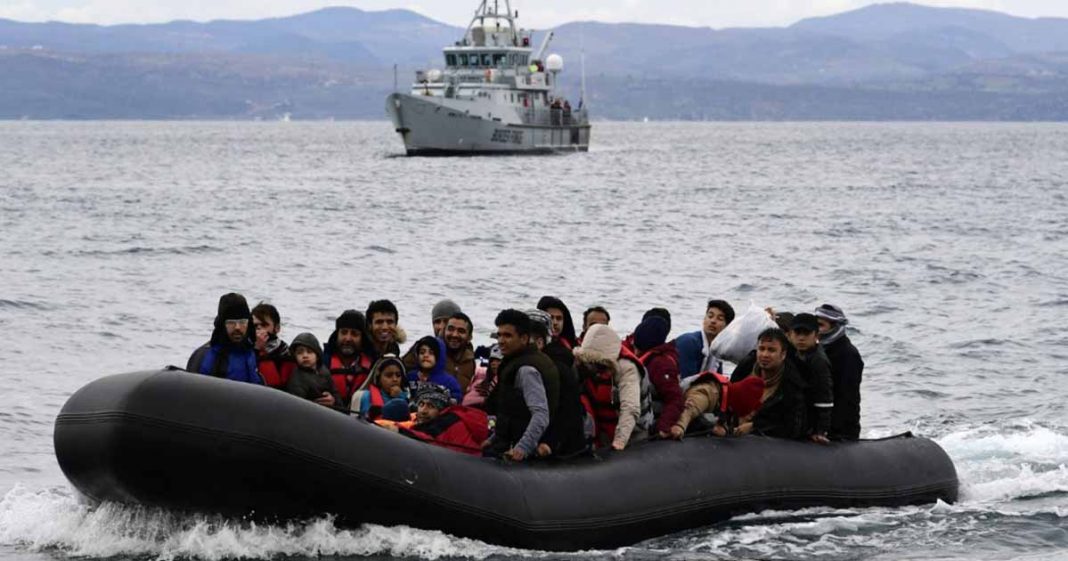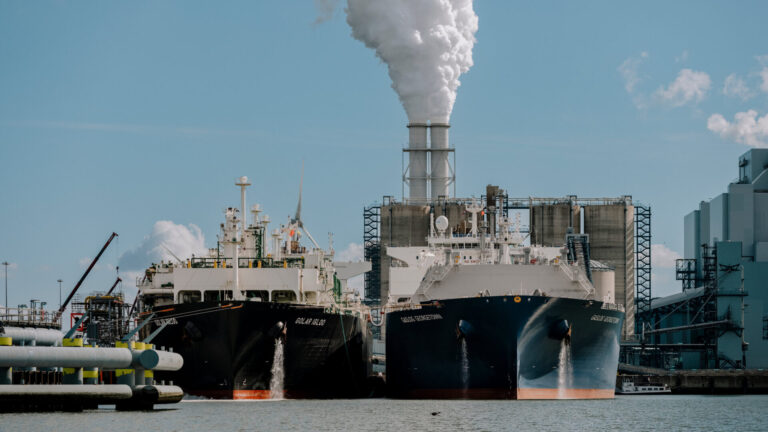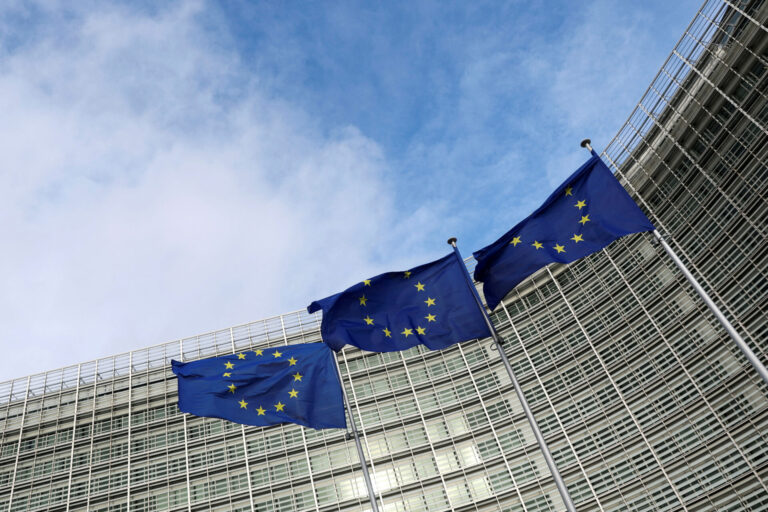An internal document reveals the EU and Athens knew about two children having died aboard the doomed vessel 15 hours before it capsized and sank, claiming the lives of approximately 600.
Disconcerting details about last June’s high-profile migrant boat tragedy off the coast of Greece have surfaced.
An internal document of EU border agency Frontex, seen by Welt, reveals that EU and Greek authorities had foreknowledge of two children having died aboard the doomed vessel, almost a full day before it capsized and sank late in the evening of June 14th, claiming the lives of approximately 600.
The document reveals that authorities from Rome sent an alert to the Greek Coast Guard’s and EU’s Frontex central offices in Piraeus, their emergency operations center near Athens, at 8:01 a.m.—a report that included news of the 2 dead children—on June 14th, UTC, just over an hour after they first spotted the Adriana at 6:51 a.m. that same morning.
The report has cast doubt on Greek and EU authorities, who—if the new information checks out—knew of serious distress onboard much earlier than they previously admitted.
In addition, the document contradicts the timeline provided by European authorities, since Frontex said one of its planes was the first to discover the Adriana at 9:47 a.m., while the Greek government had said it was alerted around 8:00 a.m.
Despite the alert, the Greek Coast Guard did not send a vessel to the boat until 7:40 p.m., nearly 12 hours later. The boat then capsized around 11:00 p.m., roughly 15 hours after Rome’s alert had come through. Only 104 people were brought to shore alive.
Thus far, Frontex has declined to comment on the latest revelations, referring instead to a June 16th statement, whose chronology of events has 9:47 a.m. as its beginning, with Frontex’s plane spotting the boat.
However, according to Welt, Frontex’s internal documents show that that same Frontex aircraft was sent in the direction of Pylos, near where the tragedy occurred, at 8:33 a.m. in response to Rome’s alert.
In Brussels, Greece’s newly appointed migration minister Dimitris Kairidis said he was not aware of the Frontex document, as he referred to “an independent judicial investigation” and that if anyone is found responsible, there would “definitely be consequences.”
“But until then,” he added, “we should not rush to conclusions and bow to political pressure.”
The revelation comes at a bad time for Frontex and Athens.
As recently as late June, Athens came under criticism from Jonas Grimheden, Frontex’s human rights representative, who accused the nation’s security forces of having committed numerous illegal acts against migrants.
While he then advocated for Frontex to cease its operations on the country’s territory—a course of action which as yet has not been implemented—the latest information on the migrant shipwreck (which, it would appear, had been knowingly withheld) is only fueling the already existing distrust between the two parties.
The Italian government itself has not yet responded to an inquiry.
Since Germany chairs the Frontex Management Board, a German lawmaker Clara Bünger (The Left) was compelled to tell Welt that “upon sighting such an overcrowded boat, Frontex should have immediately issued a mayday distress signal; even more so if Frontex knew that there were already Tuesday morning about two dead children on board.”
That this didn’t happen, was “outrageous and unforgivable,” she added. Frontex, she argued, should just be dissolved.“This project has failed miserably,” she said.
Meanwhile, the European Commission is refusing to comment on “ongoing investigations” or “leaks.”
According to a Saturday, July 16th report, Frontex recorded 132,370 crossings of the EU external borders via so-called irregular routes in the first half of this year—the highest number since 2016, and 10% more compared to the previous year.
The increase, the report continues, is entirely due to an increase in the number of people crossing over the Central Mediterranean Sea towards Italy, since the other five migration routes saw a drop in numbers.
Frontex does, however, stress that the number of crossings does not necessarily equate to the number of people who made the journey, since individuals can cross borders multiple times.
Source: European Conservative







